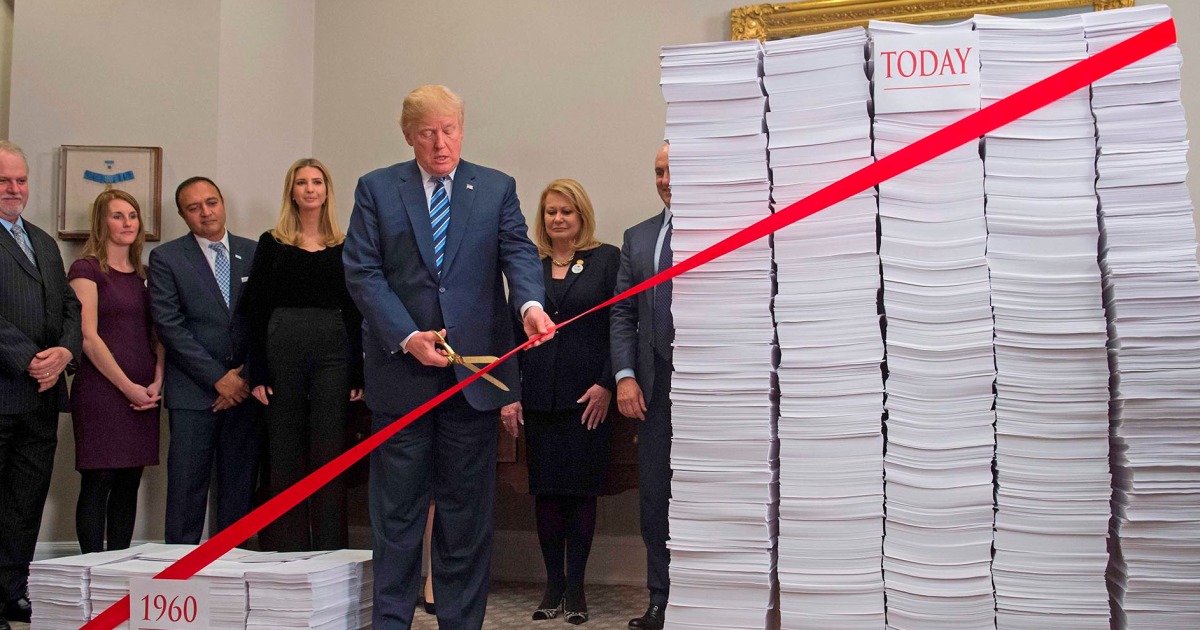A federal actuary has acknowledged that Social Security trusts will begin to become insolvent by 2034, with just 81 percent of beneficiaries estimated to receive their promised benefits.
Chief Actuary Karen Glenn wrote in a letter to Democratic Senator Ron Wyden, a Senate Finance Committee ranking member, on Tuesday: “Because the revenue from income taxation of Social Security benefits is directed to the Social Security and Medicare trust funds, implementation of the OBBBA will have material effects on the financial status of the Social Security trust funds.”
“The ‘One, Big, Beautiful Bill Act’ provides historic tax relief to America’s seniors,” a Social Security Administration (SSA) spokesperson told Newsweek on Thursday. “As Commissioner [Frank] Bisignano has repeatedly emphasized, ensuring the long-term financial health of these trust funds remains a top priority.
“The Social Security Administration is committed to working with Congress and other stakeholders to protect and strengthen these vital programs, ensuring that millions of Americans can continue to rely on Social Security for a secure retirement and support in times of disability—both now and in the future. We remain focused on responsible stewardship and transparent communication.”
Why It Matters
The Social Security system, supporting retirement income for tens of millions of Americans, now faces an earlier-than-expected financial crisis following major United States tax policy changes. The 2025 One Big Beautiful Bill Act, enacted under President Donald Trump, has shifted the projected date of insolvency, which could impact benefit payouts for about 62 million retirees and dependents.
Policymakers, financial experts and advocacy groups have responded with warnings about the urgent need for legislative action to preserve benefits and the long-term viability of the program that remains a cornerstone of American social policy. Without intervention, automatic cuts could leave Americans with roughly three-quarters of the benefits currently anticipated.
This issue not only affects today’s retirees but also has profound implications for future generations of U.S. workers who depend on the ongoing stability of the Social Security system. The projected financial strain intensifies longstanding debates on tax policy, government spending and entitlement reform.
The SSA reported that roughly 70 million people were receiving Social Security benefits as of June of this year.
What To Know
The SSA revised its timetable for trust fund depletion following the passing of the One Big Beautiful Bill Act on July 4, 2025.
The Office of the Chief Actuary, under the guidance of SSA, reported that cumulative costs to the Social Security’s Old-Age and Survivors Insurance (OASI) and Disability Insurance (DI) trust funds (jointly called OASDI) would increase by roughly $168.6 billion over the coming decade due largely to lower income tax rates and new deduction rules, including a temporarily enhanced standard deduction for seniors.
As a result, the actuarial balance further deteriorated to -3.98 percent from -3.82 percent.
If combined with further projections, Social Security reductions for future generations could reach or exceed 30 percent.
Social Security benefits will face an automatic 24 percent cut at the time of insolvency in late 2032, according to an analysis by the Committee for a Responsible Federal Budget (CRFB). By 2099, that cut could exceed well over 30 percent.
That 2032 estimate is equivalent to an $18,100 annual benefit cut for a dual-earning couple retiring at the start of 2033, shortly after trust fund insolvency. Simultaneously, those same retirees might experience reduced access to health care due to an 11 percent cut in Medicare Hospital Insurance payments.
Cuts would grow over time as scheduled benefits continue to outpace dedicated revenues, per the nonpartisan CRFB. The same actuarial forecasts warned that Medicare’s trust fund faces a similar timeline, expecting depletion in 2033.
CRFB’s estimates are somewhat larger than those implied by the most recent trustees’ report, due to tax rate cuts and an increase in the senior standard deduction from OBBBA, reducing Social Security’s revenue from the income taxation of benefits, which they say is increasing the required cut by about a percentage point upon insolvency.
“If the expanded senior standard deduction and other temporary measures of OBBBA are made permanent, the benefit cut would grow larger,” CRFB said.
Newsweek reached out to CRFB via email for additional comment.
The revised insolvency projections are also the product of broader demographic changes, including increased retirements among baby boomers, a declining birth rate, and lowered wage-growth expectations.
The latest trustee report in mid-June highlighted that, even apart from recent legislation, taxes collected for Social Security have struggled to keep pace with payouts due to the program’s structure.
What People Are Saying
Social Security Commissioner Frank Bisignano, in a June 18 press release: “To ensure we serve the public and deliver high-quality service to the 185 million people who work and pay payroll taxes for Social Security and the 70 million beneficiaries who will receive benefits during 2025, the financial status of the trust funds remains a top priority for the Trump Administration.
“Congress, along with the Social Security Administration and others committed to eliminating waste, fraud, and abuse, must work together to protect and strengthen the trust funds for the millions of Americans who rely on it—now and in the future— for a secure retirement or in the event of a disability.”
From an analysis by the Committee for a Responsible Federal Budget on July 24: “Policymakers pledging not to touch Social Security are implicitly endorsing these deep benefit cuts for 62 million retirees in 2032 and beyond. It is time for policymakers to tell the truth about the program’s finances and to pursue trust fund solutions to head off insolvency and improve the program for current and future generations.”
What Happens Next
Congress faces mounting pressure to act before the projected Social Security trust fund depletion in 2034 to avoid automatic benefit cuts. Options under discussion include tax hikes, changes to the benefit formula, or increasing the full retirement age.

https://www.newsweek.com/social-security-retirement-savings-benefits-money-2110258







